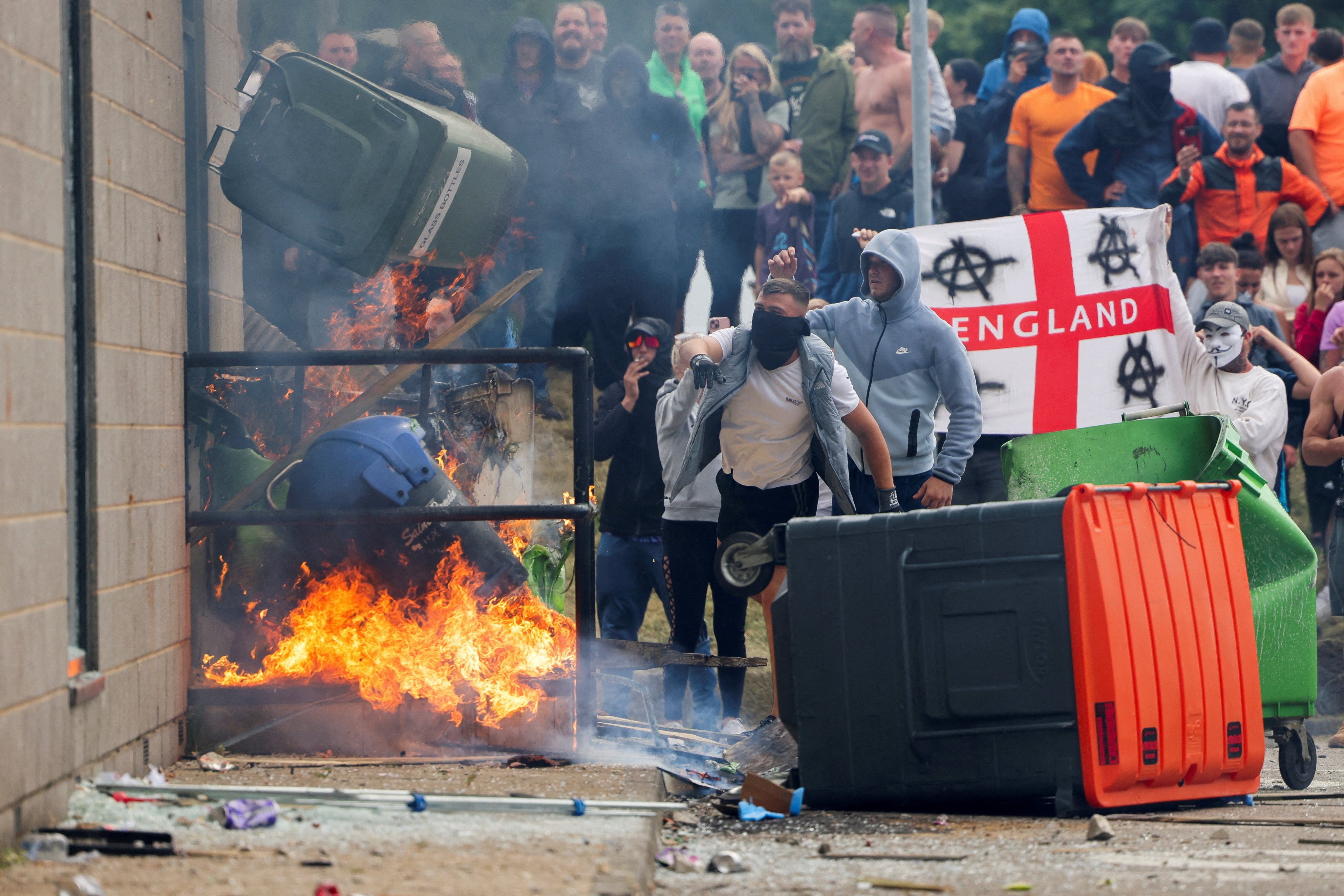The ongoing tension between the UK government and tech mogul Elon Musk has escalated over the issue of right-wing riots and their coverage on social media platforms. The controversy stems from Musk’s stance on free speech and his reluctance to heavily moderate content on X (formerly Twitter), which has led to an increase in inflammatory rhetoric and hate speech, according to critics.
In recent months, several incidents involving right-wing extremists have sparked violent riots in the UK, with many social media posts fueling the unrest. The British government has voiced concerns over the role of platforms like X in amplifying these dangerous ideologies, but Musk has defended his platform, emphasizing the importance of protecting free speech—even when it involves controversial content.
Background of the Disagreement
The conflict began when Musk’s platform became a hotspot for right-wing figures to spread their messages. Critics argue that by allowing such content to flourish without strict regulation, Musk is indirectly enabling violence and undermining social stability. This includes promoting events that led to violent protests in the UK, which have left several injured and caused widespread damage.

In response, the UK government has called for more stringent policies regarding the regulation of extremist content online, urging Musk to take a more proactive stance in policing hate speech. Prime Minister Rishi Sunak recently stated that the country must “take a firm stand against those who spread division and violence,” pointing specifically to social media platforms as key enablers of radicalization.
Elon Musk’s Response
Musk, however, has maintained that censoring or limiting speech, regardless of how extreme, would undermine the very foundation of democracy. He argues that individuals should be allowed to express their views openly, even if they are controversial, provided they do not incite direct harm.
“We should be very careful about limiting speech,” Musk wrote in a recent post. “The answer to hate speech is more speech, not less.” He believes that the government’s calls for stricter regulations threaten free expression, a value Musk views as essential to the functioning of society.
The Growing Concern of Right-Wing Violence
The rise in right-wing extremism has become a significant issue in several Western democracies, with social media platforms playing a crucial role in the spread of violent ideologies. In the UK, this has resulted in several high-profile riots, including incidents in London and Manchester, where extremists clashed with counter-protesters.
Many experts warn that the unchecked spread of such content on social media could contribute to further instability, especially if platforms fail to enact more effective moderation strategies. The UK government’s position is clear: it believes social media companies should be held accountable for the impact their platforms have on public safety.
Moving Forward: What’s at Stake?
The disagreement between Britain and Elon Musk reflects a larger global debate over the balance between free speech and the regulation of harmful content. As the influence of social media continues to grow, governments worldwide are under pressure to find solutions that ensure online platforms do not become breeding grounds for extremism.
The UK’s proposed policies on regulating online hate speech could serve as a model for other nations grappling with similar issues. For Musk, the conflict represents a fundamental ideological battle between his vision for a free-speech platform and the increasingly vocal demands for responsibility and accountability from governments.
